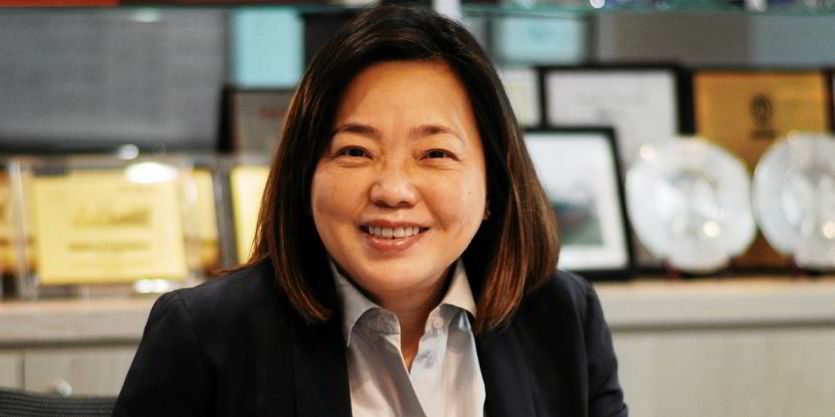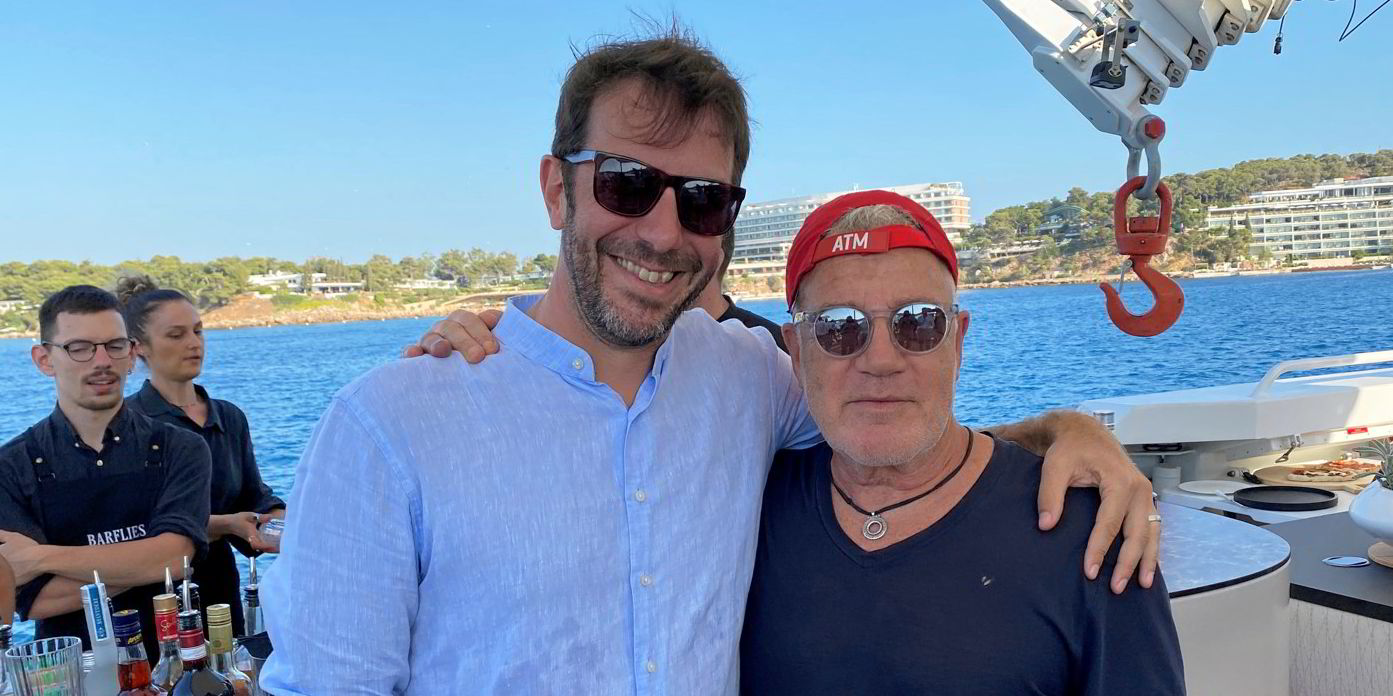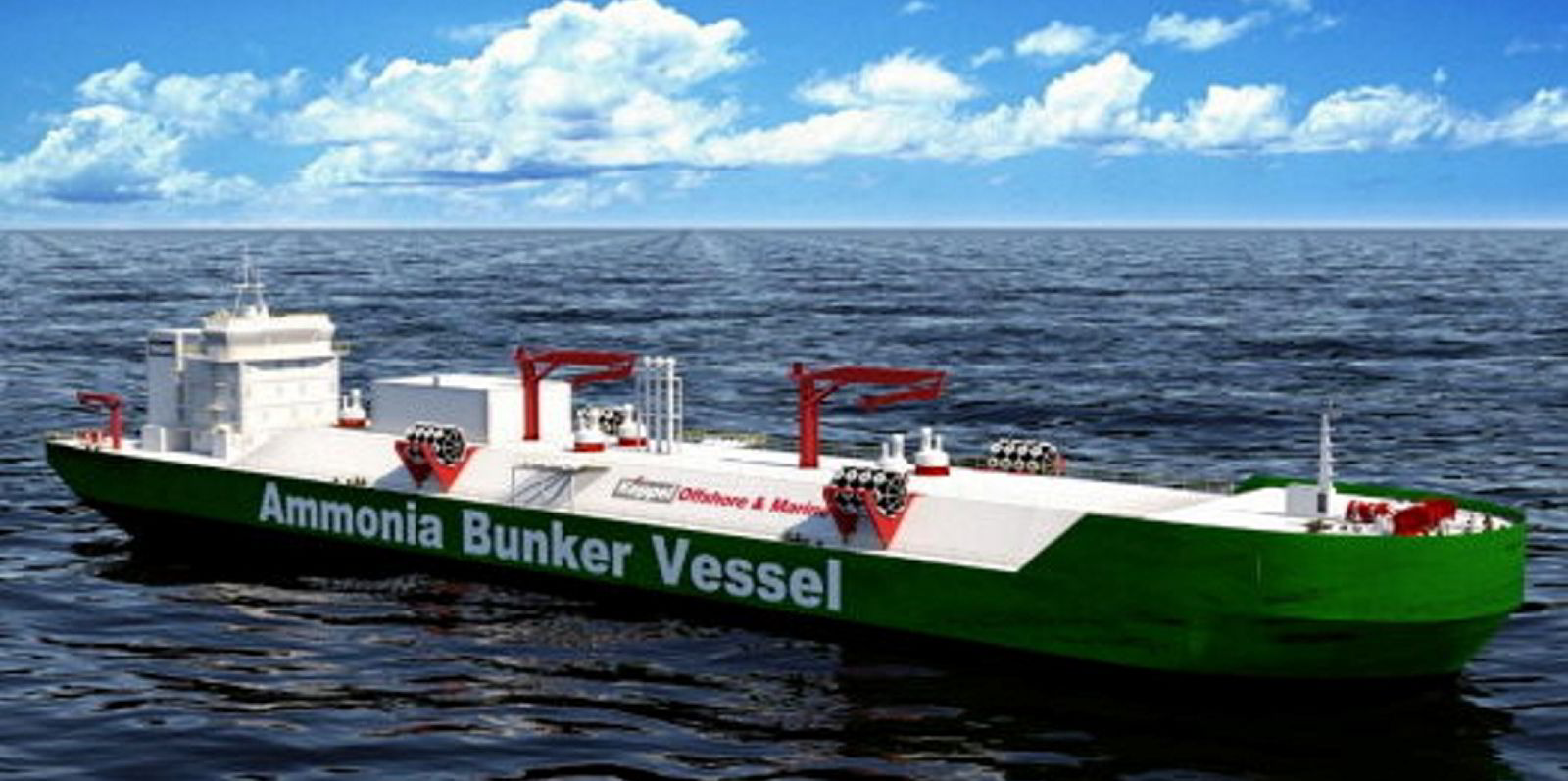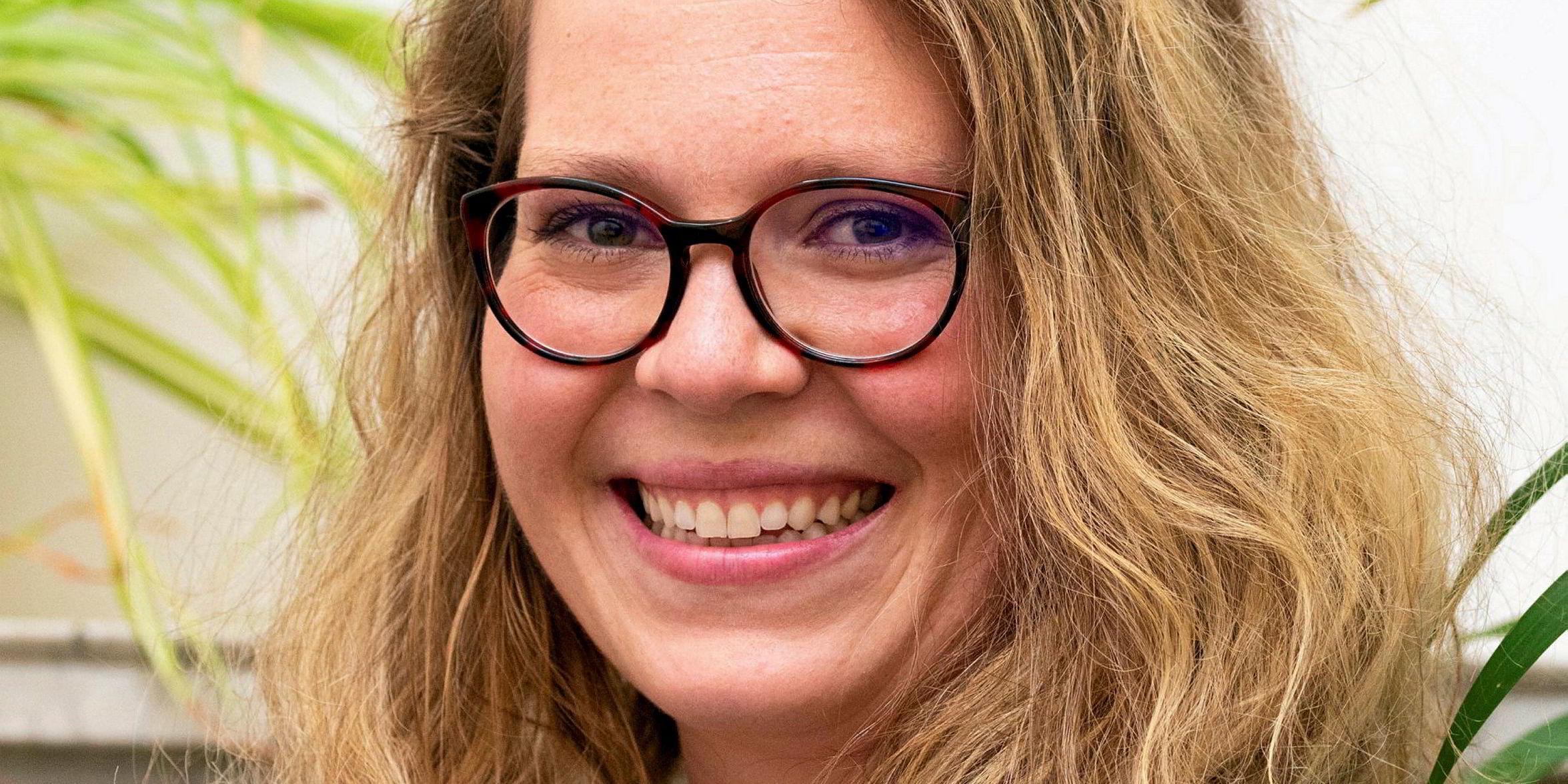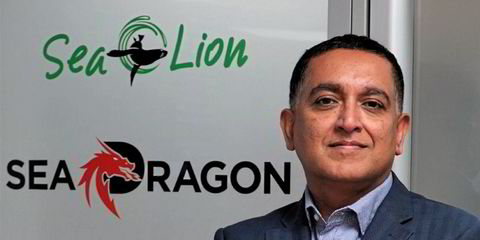A new partnership in Singapore comprising PaxOcean Engineering, Hong Lam Marine and Bureau Veritas intends to develop prototype ammonia bunker tanker designs.
The shipbuilder, shipowner and classification society said on Tuesday that they will pool their expertise to create designs for ammonia-fuelled and ammonia bunkering vessels that they claim will “foster innovation in smart and autonomous ship technologies, and support the use of green ammonia as a sustainable fuel to help decarbonise global shipping”.
The project reflects the strong movement in Singapore, the world’s top bunkering port, to be at the forefront of shipping’s decarbonisation drive by being ammonia-ready.
PaxOcean will develop the vessel designs, while Hong Lam Marine will provide input that is specific to operational data, and support and validate the suitability of the ship design for commercial operations.
Bureau Veritas will verify compliance with the most applicable and up-to-date rules, particularly those related to the handling of ammonia, drawing on its expertise in ammonia carriage and operations, and previous technical studies on ammonia as a fuel.
The partnership did not specify if or when the joint project will translate into a confirmed order for a prototype vessel.
David Barrow, vice president, South Asia zone of Bureau Veritas Marine & Offshore, said: “Ammonia has great potential as a zero-carbon marine fuel and can play a significant role to help shipping reach its decarbonisation goals, but to fulfil this potential, more work is needed to overcome the safety and operational challenges.
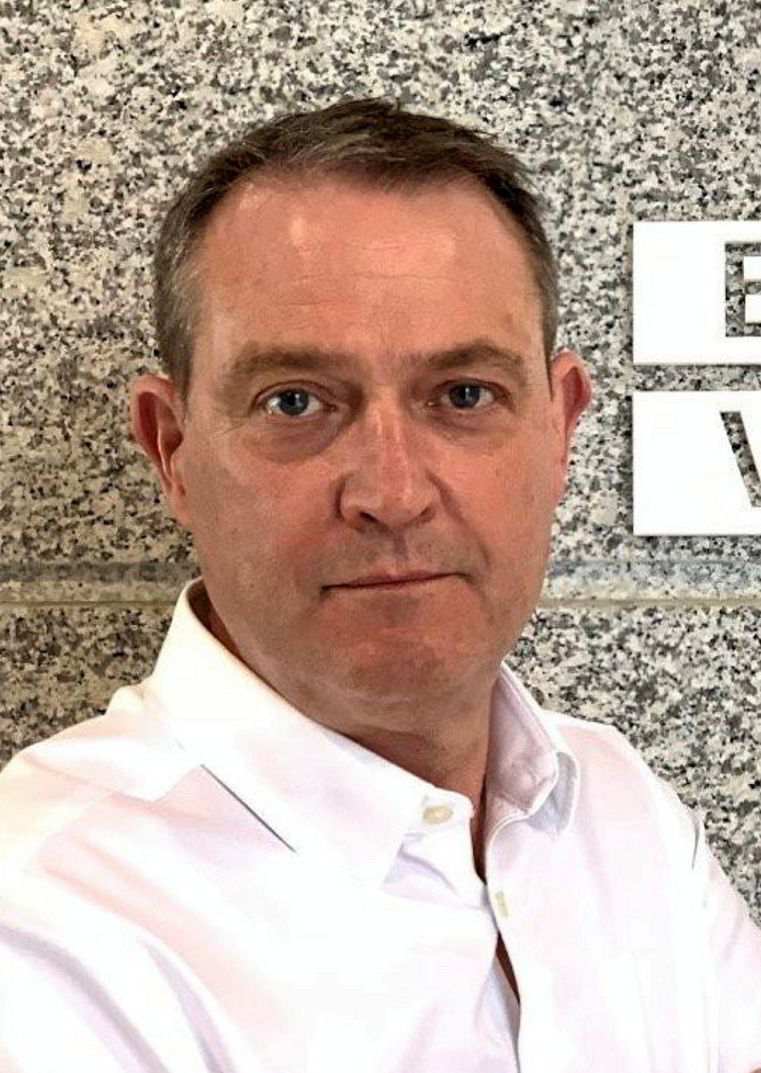
“These challenges can be overcome through cross-industry collaboration, and we are very pleased to be working with PaxOcean and Hong Lam Marine to develop an ammonia bunker vessel design that de-risks ammonia as a marine fuel.”
Tan Thai Yong, chief executive of PaxOcean, said he looks forward to a “long and fruitful partnership” with Hong Lam Marine and Bureau Veritas, and in playing a role to accelerate the development of ammonia bunkering in Singapore.
“It brings me great pleasure to share that we are adding a new fuel segment into our research and design focus by co-creating ammonia-based vessel solutions with forward-looking and responsible companies,” Tan added.
Caroline Yang, chief executive of Hong Lam Marine, one of Singapore’s largest bunker tanker operators, said her company is pleased to be working with highly respected establishments and experts “in the era of decarbonisation and sustainability in the Singapore marine fuel industry and beyond”.
“Together, we look forward to contributing to the development and design of the ammonia bunker vessel as we focus on our long-term social and environmental responsibilities,” she said.
This is one of many ammonia-related projects launched in Singapore.
Last year, a consortium was formed by AP Moller-Maersk and the Maersk Mc-Kinney Moller Center for Zero Carbon Shipping, together with Fleet Management, Keppel Offshore & Marine, Sumitomo Corp, K Line and class society ABS to design and build an ammonia bunker tanker fleet.
The Maritime & Port Authority of Singapore (MPA) is on board to help develop terminal infrastructure for the zero-carbon fuel.
In January, the Global Centre for Maritime Decarbonisation (GCMD) tasked a DNV-led consortium with conducting an ammonia bunkering safety study.
The project requires the consortium to define the safety and operational envelopes to enable an ammonia bunkering pilot and demonstration in Singapore.
GCMD chief executive Dr Lynn Loo said at the time that the study could be conducted using an existing ammonia tanker as a substitute for a dedicated ammonia bunker vessel.
The MPA has also given its backing to the PaxOcean/Hong Lam Marine/Bureau Veritas project, saying it welcomes the formation of a “strong partnership among industry partners to develop, trial and test new designs and innovative technologies needed to accelerate the transition to a clean economy”.
“As a major bunkering hub, this forward-looking collaboration aligns with our maritime decarbonisation efforts to be ready for a multi-fuel bunkering transition to support the future of International shipping,” said MPA chief executive Quah Ley Hoon.
